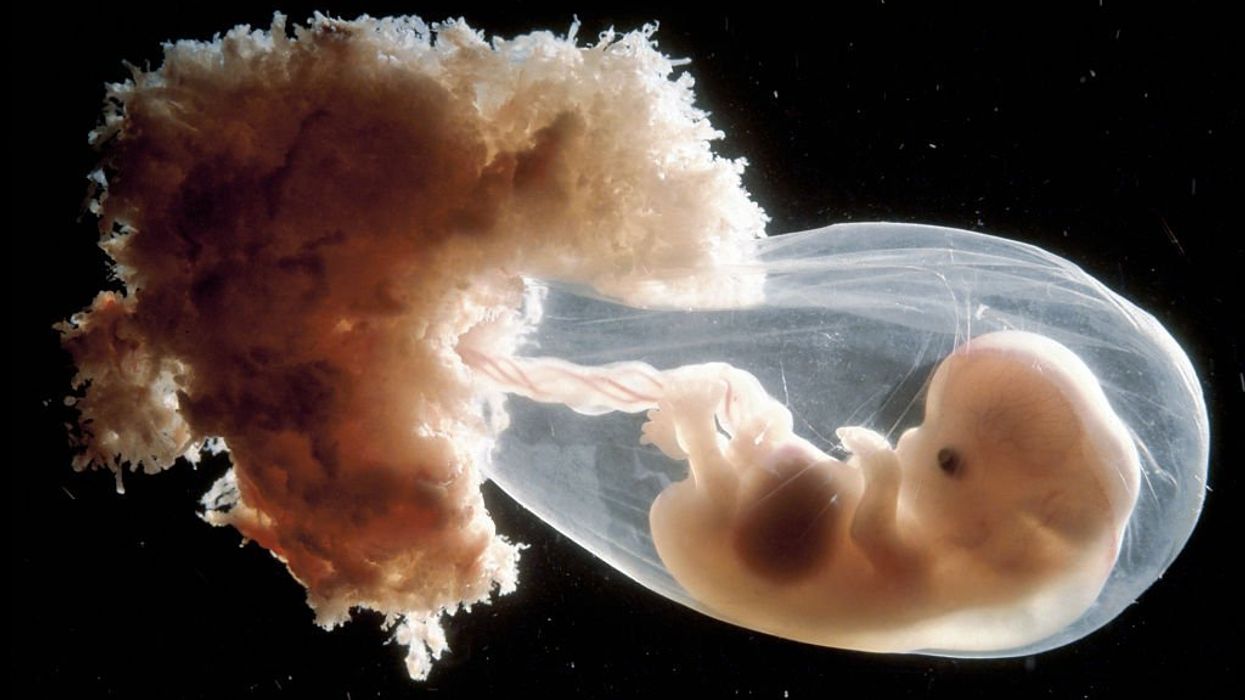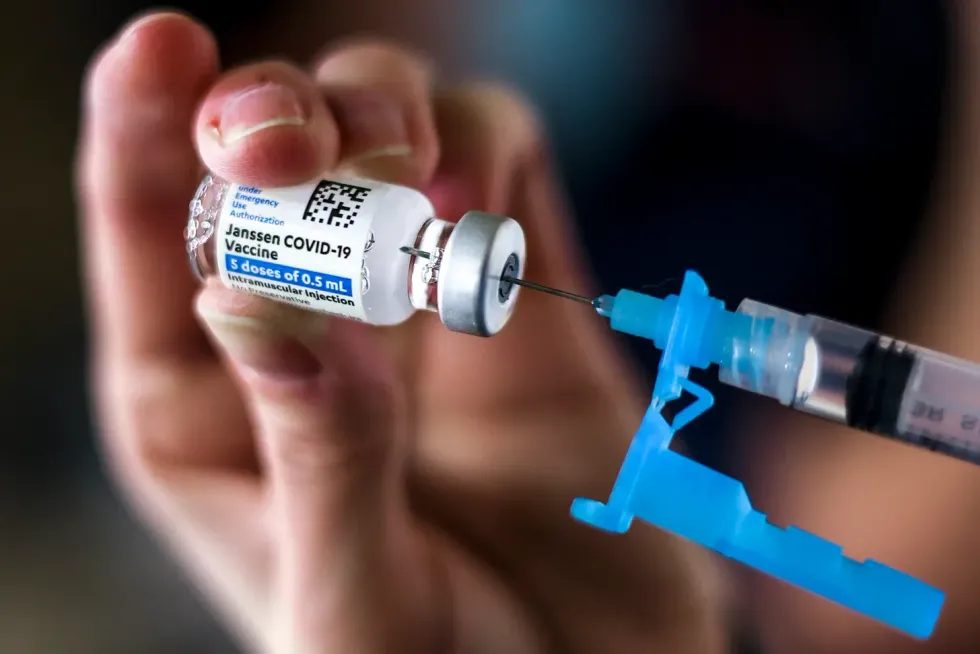
Leemage/Getty

Peter Gietl: So, James, what’s your gut reaction to the announcement scientists created artificial wombs? Is concern overblown or another example of the horrors of Modern Science?
James Poulos: It’s one of those terms that instantly signals something is amiss. Like “artificial mouths” — how did we go so wrong that we’d end up here conceptually?
Usually, the kind of answer we get is one or both of a crisis justification (we don’t have the option of fixing things the best way) and a pity justification (someone somewhere will be suffering without it). I think characteristically, these arguments are weaker than they seem and that we like it this way because it seems to give us great excuses for relaxing our responsibilities. To me, this case seems to follow that pattern. The technology isn’t as needful as it looks, but that’s because of something amiss with us that the technology itself can’t fix.
PG: The word “artificial womb” does present some Clive Barker Hellraiser or Matrix vibes. In this particular case, I think it’s media sensationalism.
I'm afraid I have to disagree this research isn’t needed. Taking these researchers and other scientists at their word, which should always be done with a Lot’s wife size grain of salt, the possibilities are alluring. Having an insight into the beginning of pregnancy could explain early miscarriages. More intriguing is the possibility of this technology being used to grow organs from your own stem cells, and thus with a lower likelihood of rejection. This looks pretty desirable with the long wait lists for organ transplants and the horrific illicit organ trade in the Middle East and China.
JP: Yes, there’s very often a strong temptation or rationale to push ahead with something like this. Especially in a culture addicted to making sense of the world via worst-case scenarios and exceptions to rules. And especially in a culture where so many people feel deep down that there’s not much left for them to do that’s good, just, consequential, and worth the bother.
It offends people’s sense of moral honor even to raise questions about potential, very likely, or even certain abuses. “How DARE you imply someone like ME would do that!” It all shuts down the kind of elemental discernment, discussion, and debate that, until very recently, most people in the West thought of as an essential authorizing condition for projects and actions with such a sweeping impact on everyone’s lives.
PG: I agree with your overall thesis, perhaps not in this case. It does bring up questions more theological than scientific. When does life begin? As they’ve vociferously said, if this “embryo” isn’t viable, what exactly does this research mean from a moral and philosophical sense?
Taking a step back, the more pertinent question is how do we reconcile this trend in science to start pushing the bounds of humanity? Whether this particular research is benign or not, between CRISPR gene editing, genetic tests, cloning, and growing human organs in pigs, there are existential questions we may soon be grappling with.

JP: Indeed, there are. It isn’t easy for us to be content with our humanity as it is. Some will emphasize how we have sought to go beyond, others how we yearn for return. Either way, we are impatient sorts and always seek shortcuts. Power, even of a tainted or incomplete kind, feels irresistible. People struggle to tell themselves no to McDonalds; how can people say no to a seemingly inexhaustible clone army? We now face the prospect of SOME group flooring the pedal on such things to gain a first (or second) mover advantage—must we sit tight and not respond in kind?
These are deep and painful questions, even if they are not particularly “difficult” ones, as we like to say. Laws can help, but laws are easily broken if you’re willing to risk or absorb the punishment. What is needed is a resurgence of spiritual discernment, which understands the wiles hidden in the heart and knows how to stop ourselves from getting carried away beyond the point of no return.
PG: If the rumors out of China are even slightly accurate, we should be concerned. One of the enraging issues of COVID was the assertion that “The Science” is intrinsically good and has everyone’s best interests at heart. Gain-of-function and a myriad of other examples destroyed the trust of many in our scientific institutions. Can they ever recover that trust? And is it reasonable to think modern secular science will ever pause to consider their work's spiritual or even philosophical implications?
JP: It doesn’t seem very reasonable given how long science has been driven above all by military and intelligence imperatives. It shouldn’t just be Donald Trump out there pushing for a world without war. So, there is some significance to Elon Musk going out of his way to discourage or ameliorate what often seems like a hunger among Western elites for a violent conquest of the planet driven by technological weapons, visible and invisible. Under digital conditions, world war means a no-brakes arms race where our humanity is the price of victory.
It would be nice to think the answer is for the leading technologists from the US, Russia, China, etc., to sit down and agree on saying no to themselves and one another for the sake of peace and our sacred humanity. But it seems clear that the share of such technologists with a deep-seated spiritual understanding of our sacredness is limited. I have hope that some rising people in the space who are young enough to see the reality better can help change that, but will they be blocked from a certain level of ascension in “the scientific community”? We might have to settle and set eyes on an achievement with a smaller footprint than the whole world.